Research for a Sustainable Future
More than ever before, the world needs education. Across many parts of the world, fundamentalism, dogma, and a disregard for facts and science are creating embattled societies, causing war, deepening poverty, and leaving our environment in a dismal state.
Building a society that values science, evidence, and openness to ideas very much hinges upon how our modern world delivers education. The SFS model of bringing undergraduate students from across the world to experience and learn from real world challenges and issues is a potent tool towards that endeavor.
Within the SFS approach, the process of Directed Research (DR) where every student undertakes a research project, is particularly suited to foster critical thinking and helping students develop an open, inquiring, and independent mind. This spring, as part of our DR projects, Dr. Purna and his group are examining the effects of forest fires and how ecosystems manage to recover from such disasters. In a world where climate is warming rapidly, such information will allow us to gauge how natural systems adapt, thereby enabling us to develop programs and strategies to cope with the negative impacts of climate change. Another group with Jesse Lewis is studying the composition of birds and mammals along both fire-scarred and unaffected landscapes, while also assessing the health of a river system which is of vital importance to the local community. All these projects are taking place close to some of the most revered Buddhist sacred sites in the Paro Valley.
Buddhism has played a dominant and important role in shaping Bhutan’s environmental ethics, policy and practice. Much or most of the substance of Gross National Happiness also draws deeply from Buddhist philosophy. Given such strong influence, Dr. Kuenga’s group is examining how spiritual beliefs influence conservation and governance, while also asking how Buddhism, which is much alive today, may change in the face of rapid modernization.
While the DR topics are relevant and important for Bhutan, it is our hope that students learn to think critically, link theory to practice, and understand the complexities involved in effectively stewarding our natural heritage, whether it be in Bhutan or other parts of our world.
As we nurture our next generation of leaders and practitioners, it is our aspiration that their experience in the field will make them grand in their thoughts, outlook, and vision. In our own small, yet vital way, we intend to plant the seeds for courageous action within a group of talented and inspired students and stoke their fire to conserve and build a world where every individual has the freedom to commit themselves to the pursuit of happiness and meaning.
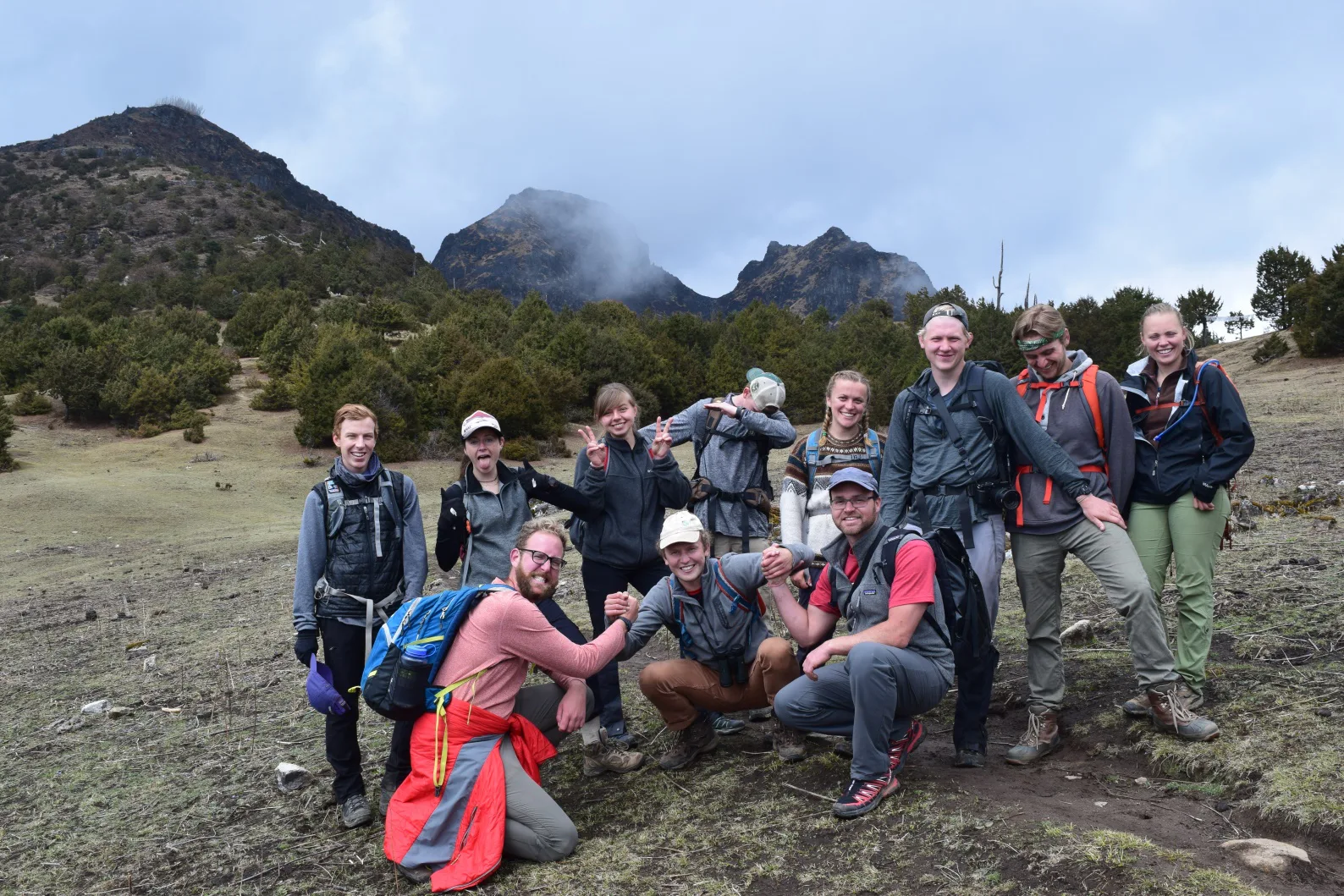
Some of the group poses after completing a hike to Bumdrak Monastery at 3,900m prior to beginning DR data collection. All photos courtesy of Greg Francois
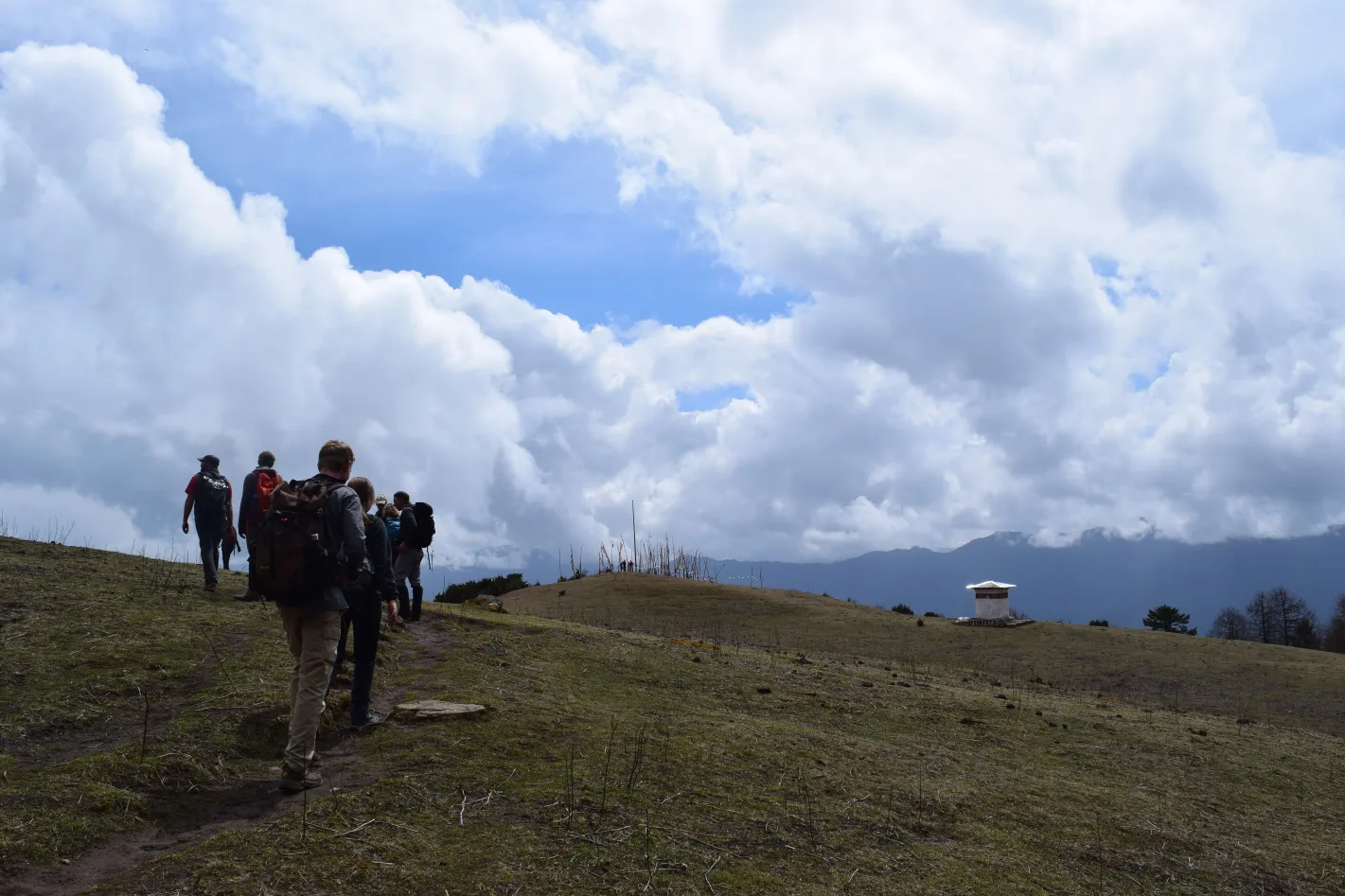
Students hike above tree line near Bumdrak Monastery
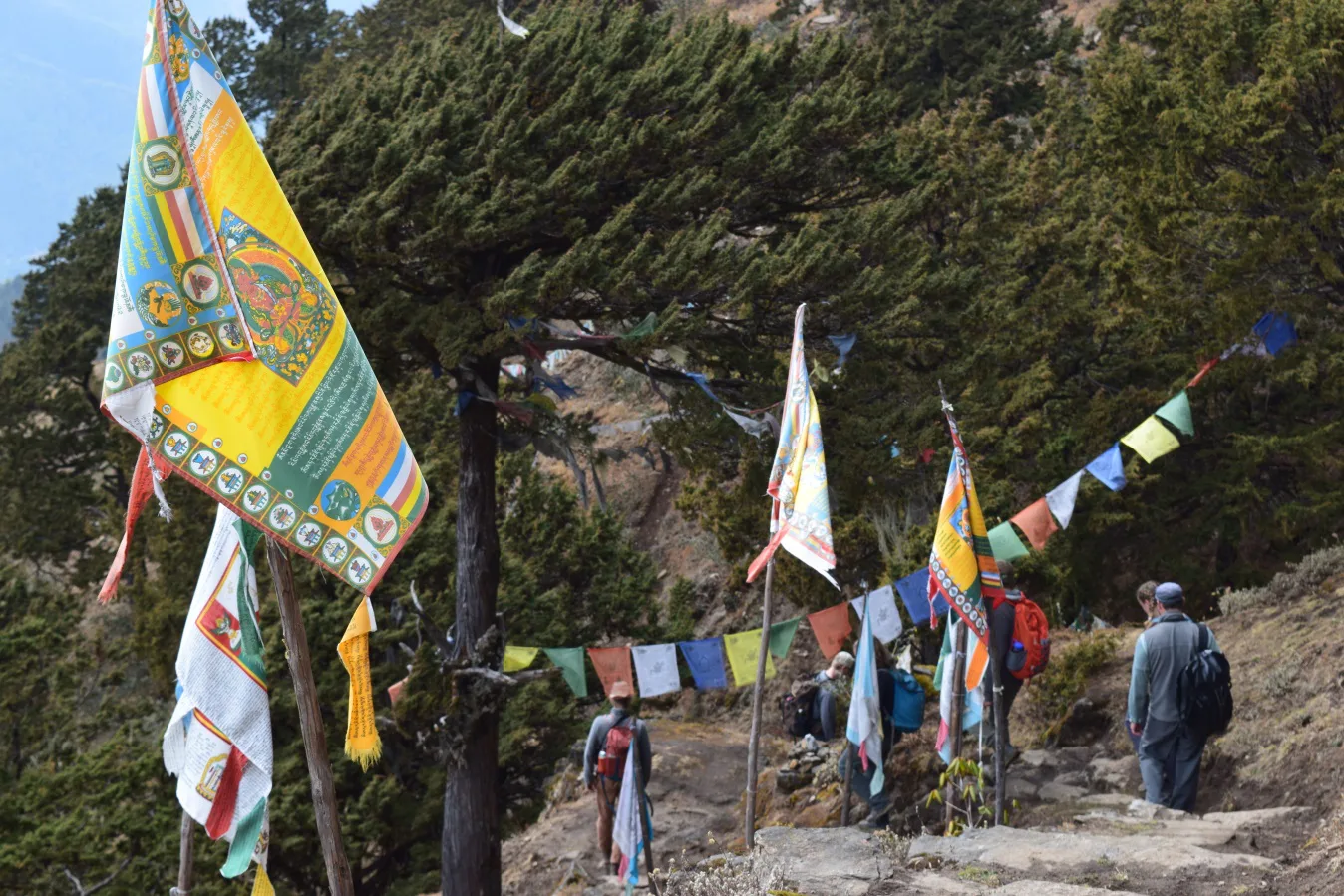
Related Posts
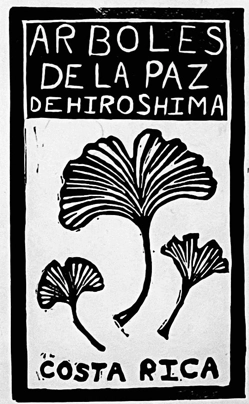
Trees of Peace from Hiroshima: A Time Traveler and Emissary of Hope
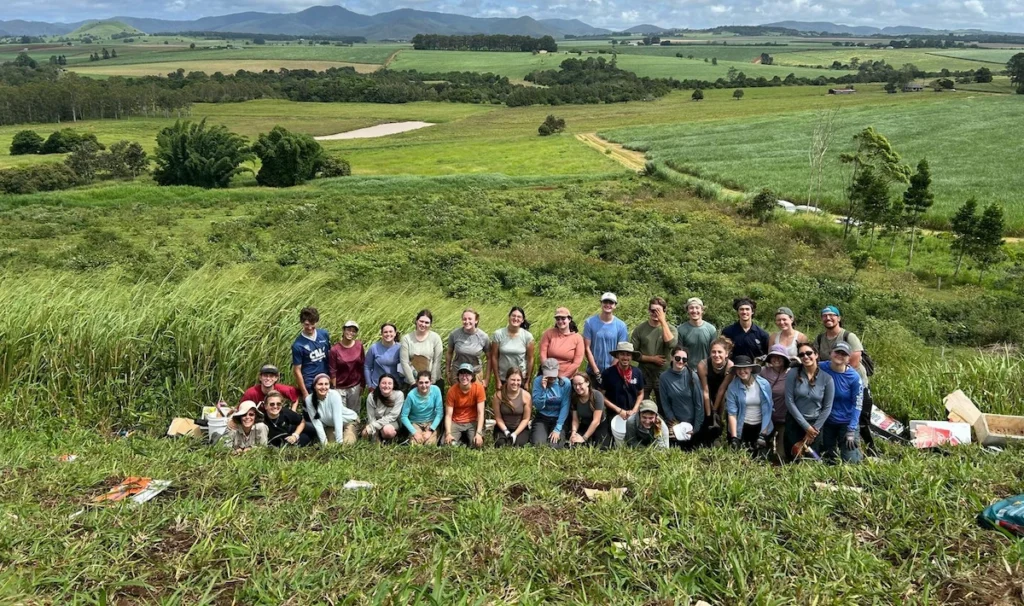
Cinder Cone Chronicles: Lessons from Drought, Data, and Determination
